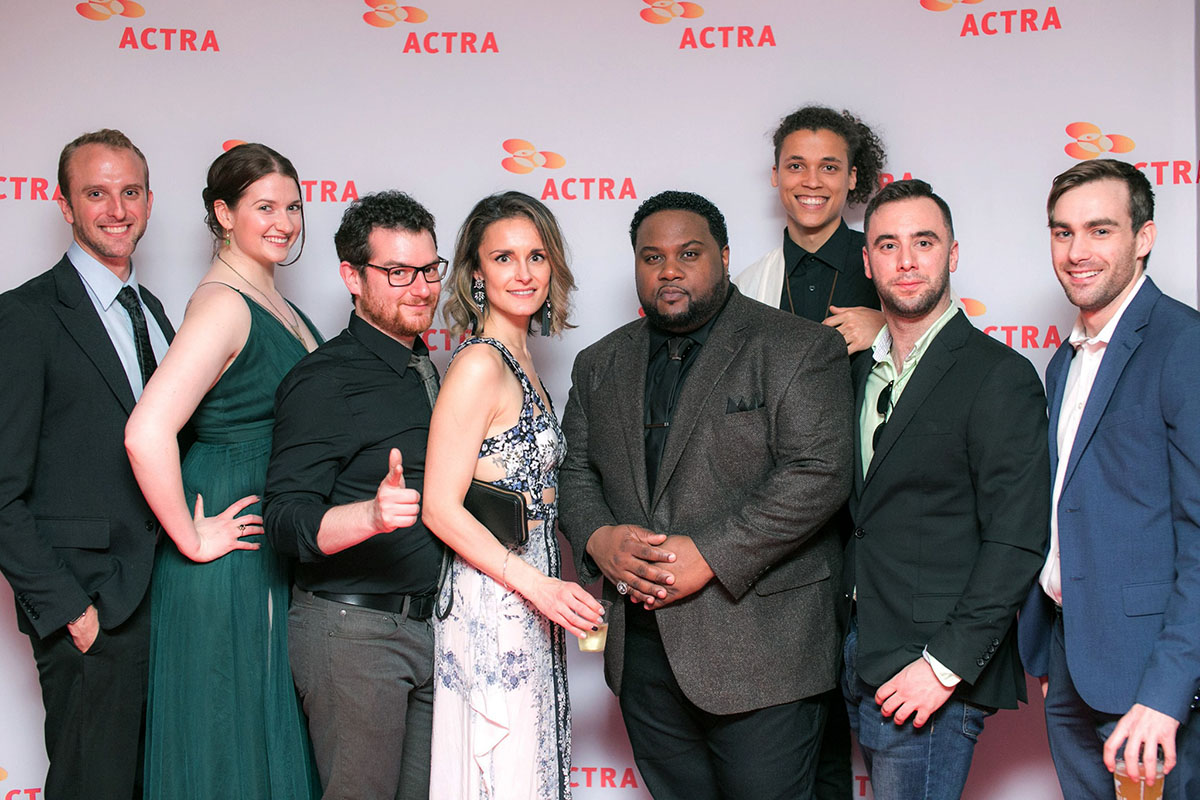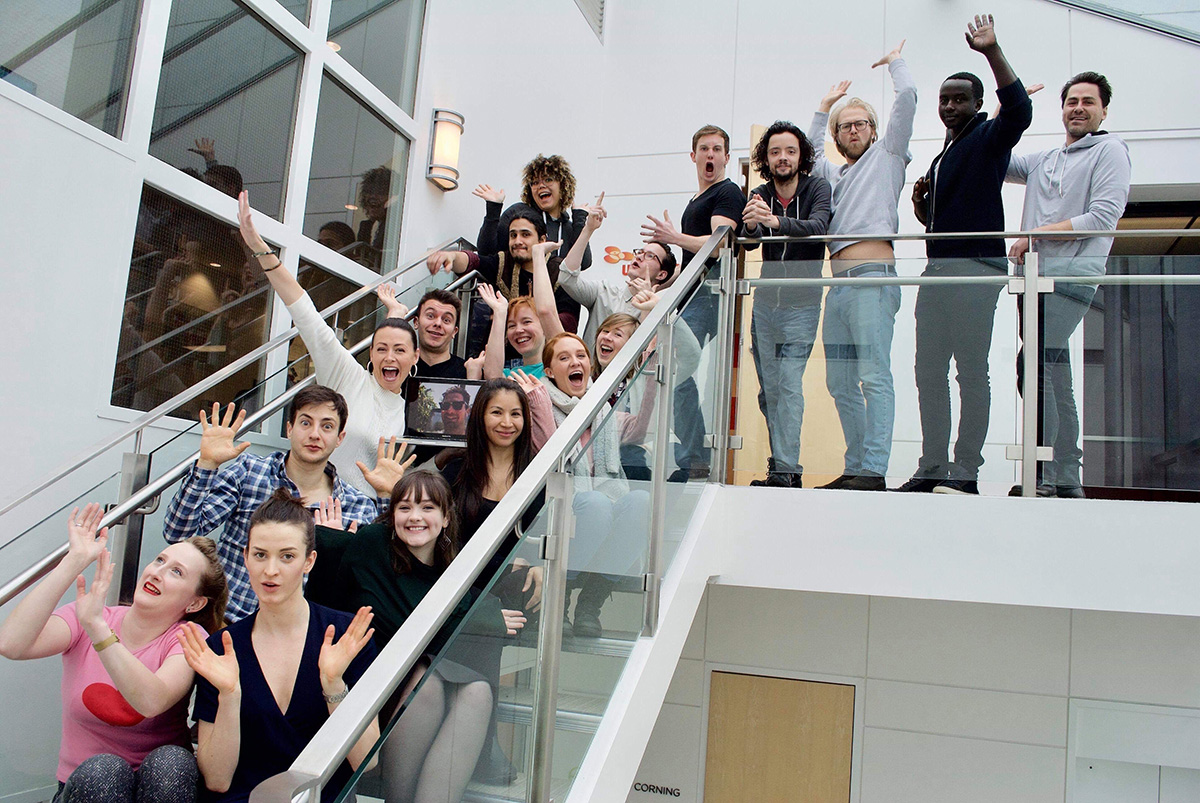Darby Steeves, a young performer in Maple Ridge, BC, will be tracking progress on environmental incentives for “Big Business Canada” and increased rights for workers in the sex industry. Steeves is also looking for parties and candidates who will increase rights for child actors and preserve tax incentives for U.S. production in Canada.
For Gugun Deep Singh, currently in Toronto, the financial vulnerability of artists is a top concern. He says many of his “concerns all spring from this vulnerability, namely issues of housing affordability for artists and low-income households, efficient public transportation improvements, and public arts grant reform at all levels.” He also wants to see stability in production tax credits and more incentives so smaller or remote communities can better share in our industry’s growth. More broadly, ensuring “efficient, eco-conscious infrastructure for current and future industries,” he says, should also be a priority.
Franck Fon, in Toronto, echoes how essential arts grants and tax incentives are to ensure a thriving arts and culture industry. In a country that values inclusion, he believes our stories are essential, especially for the younger generation, to affirm our identity. Fon will be supporting candidates who also see this as essential.
When Jen Viens, a young performer from Montreal, heads to the ballot box they will be voting based on both issues related to the film industry and national social challenges. Viens centres their election priorities on respect, protection and opportunity – for marginalized individuals, the environment, and Canadian-made film and television content.
Elizabeth Neale, also from Montreal, will be voting for candidates who treat both the arts and the environment as priorities. Neale says, “[Youth] have been trying to draw attention to environmental concerns for ages. It's taking everyone else far too long to catch up.”
ACTRA Toronto’s 2016 Day of action: Chris Robson, Christopher Charles, MP Julie Dzerowic, Stephen Bogaert and Sedina Fiati. Photo: Sue Milling
Elizabeth Neale and Jennifer Roberts. Photo: Anna Sikorski
Clara Pasieka speaking at Canadian Labour Congress in 2017
Several priorities mentioned directly correlate with our industry, such as respect on set and tax incentives. While candidates and parties should be careful about treating young performers as a homogenous group, almost all performers interviewed mentioned the environment as a priority as they head to the polls.
For years, performers have been framing our industry to politicians as clean, green and renewable. The phrase “imagination can’t be clear-cut” was used in a previous advocacy effort by performers on Parliament Hill. In an election where environment-related issues are increasingly becoming a widespread issue from voters, this framing may prove palatable to candidates and parties.

Montreal YEAA Committee Alex Gravenstein, Elizabeth Neale, Julian Stamboulieh, Jen Viens, Tristan D. Lalla, Benjamin Roy, Adam Alberts, Sean Colby. Photo: Ed Yao
Singh goes so far as to say young people are uniquely positioned to get real answers from politicians if they go ahead and ask questions, “…saturated in media since childhood, [we] have an incredible sensitivity for earnest engagement and will not hesitate to call out spin or talking points intended to avoid actually answering a constituent’s question.”
Bright and ready to be heard, these young performers are hopeful the expression “you never know unless you ask” will ring true for them this election. If enough of us ask similar questions, common priority issues raised by young performers will be hard to ignore.
Clara Pasieka is a Toronto-based actor best known as Amy Dudley on Reignand Clara Walker in Inhuman Condition. She holds a master’s degree in Public Policy, Law and Public Administration from York/Osgoode where she completed a thesis on youth voting. She is also an OLIP alumnus at the Ontario Legislature.
Top image: Demetrius Joyette, Clara Pasieka, Katie Boland, Munro Chambers and Jesse Camacho were first time ACTRA advocates on The Hill in 2013. Photo: Fred Chartrand






